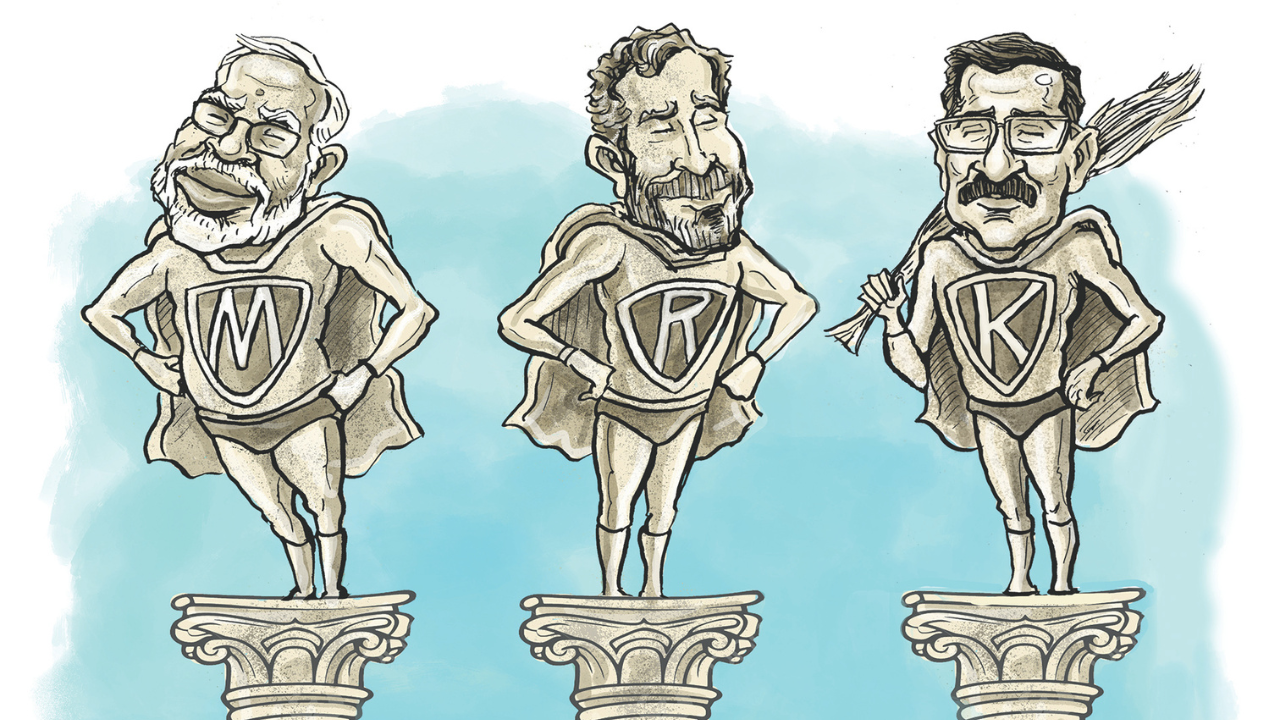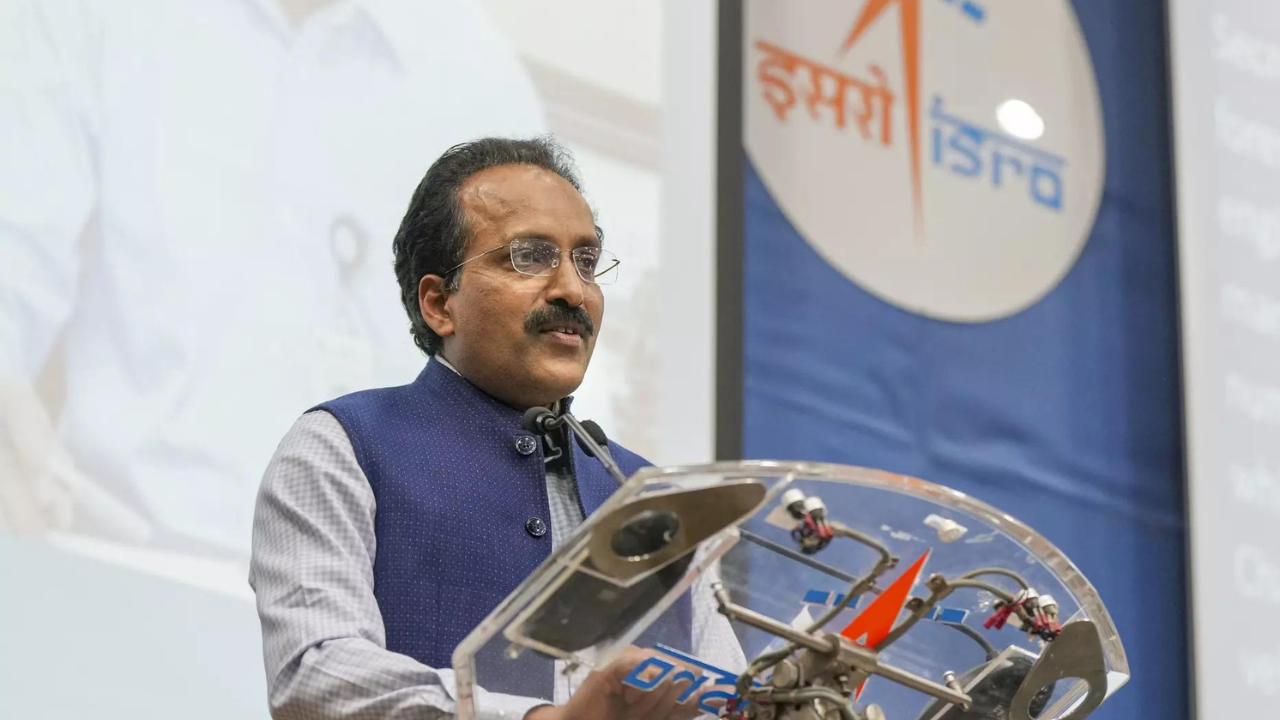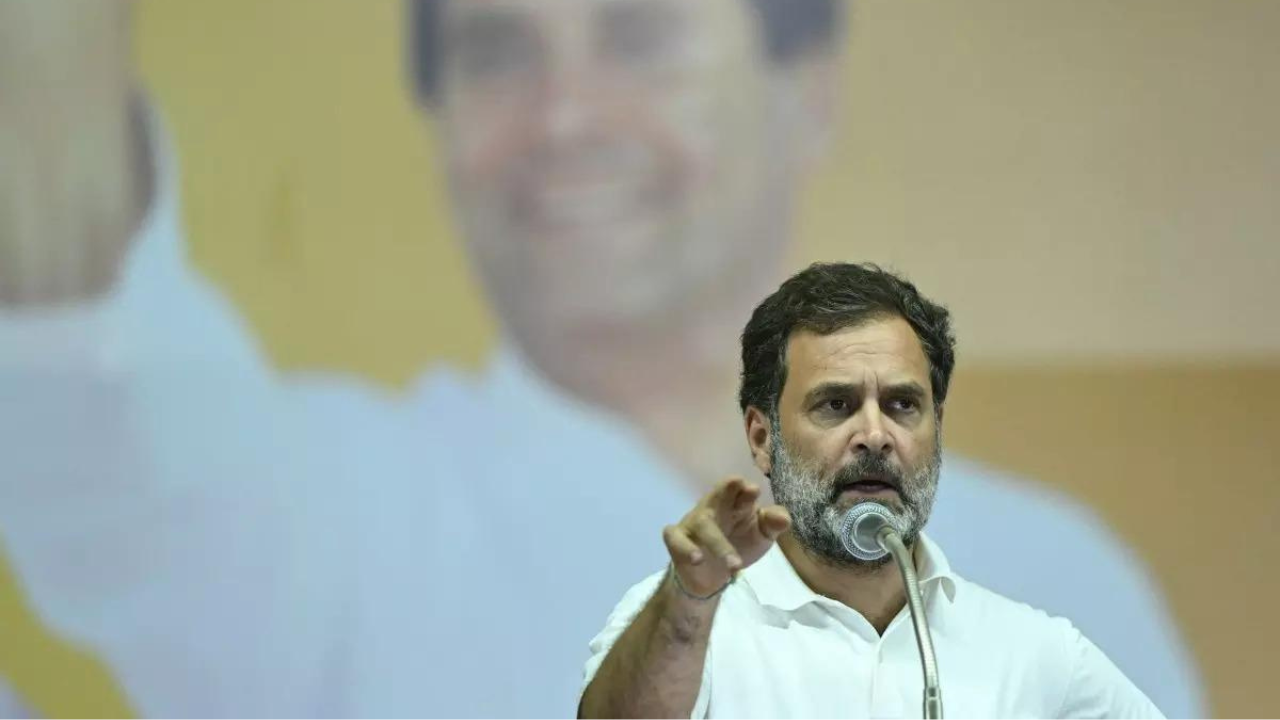Mom, baby and us: Who takes care of the children
It explores the multifaceted dimensions of unpaid care work in India, advocating for a more valued, inclusive, and equitable care economy.

Recent judicial proceedings at the Supreme Court have shone a spotlight on the systemic injustices experienced by working mothers in Himachal Pradesh who were unjustly denied access to Childcare Leave (CCL). This landmark ruling serves as a poignant reminder of the infringement upon the constitutional rights of women in the workforce and unveils the pervasive issue of unpaid care work, which disproportionately burdens women across the length and breadth of India.
Exploring the Constitutional Framework for Working Women in India reveals a tapestry of legislative safeguards aimed at ensuring gender equality and protection against discrimination in the workplace. Articles such as Article 14, guaranteeing equality before the law, and Article 15, prohibiting discrimination based on sex, form the bedrock of these protections. Additionally, Article 16 safeguards equal opportunities in public employment, while the Directive Principles of State Policy, encapsulated in Articles 39 and 42, underscore the imperative of providing women with adequate livelihoods, equal pay, and humane working conditions, including maternity relief.
Delving deeper into the Central Government’s Childcare Leave (CCL) Policy, while it ostensibly offers a generous provision of 730 days of paid leave for female employees to attend to their childcare needs, it inadvertently underscores a gendered approach, as men are only eligible under specific, albeit limited, circumstances. This glaring disparity underscores the pressing need for a more inclusive and equitable caregiving policy framework that transcends gender biases.
Within the ambit of the Sustainable Development Goals (SDGs), SDG 5 emerges as a beacon of hope, specifically targeting Gender Equality and Women's Empowerment. Its multifaceted objectives aim to eradicate discrimination, recognize the invaluable contributions of unpaid care work, and foster an environment conducive to gender parity through progressive policy measures.
A nuanced understanding of the Care Economy reveals its indispensable role in sustaining societal well-being, encompassing a spectrum of caregiving services ranging from healthcare and education to childcare and eldercare, both paid and unpaid. However, despite its profound societal significance, unpaid care work, predominantly shouldered by women, often languishes in obscurity and remains woefully undervalued.
Unpacking the key issues plaguing India's Care Economy unveils a labyrinth of challenges, including but not limited to limited policy coverage, impediments to women's workforce participation, inadequate accessibility to quality care services, and the enduring grip of social stigmas and cultural norms perpetuating gender disparities.
In response to these multifaceted challenges, a holistic approach is warranted. Proposed solutions encompass a spectrum of interventions, ranging from the redistribution of caregiving responsibilities to the recognition and validation of caregiving skills, augmented investment in care services, leveraging technological innovations to enhance accessibility, and fostering robust public-private partnerships to drive sustainable change.
In summation, addressing the systemic inequities entrenched within India's care economy demands a concerted and multifaceted approach, one that transcends traditional gender roles and fosters a more inclusive and equitable society. By recognizing, valuing, and redistributing caregiving responsibilities equitably, India can pave the way towards realizing its vision of gender equality and empowerment for its women workforce.
This editorial draws from 'Mom, baby and us: Who takes care of the children?' published in The Indian Express on 30/04/2024.













